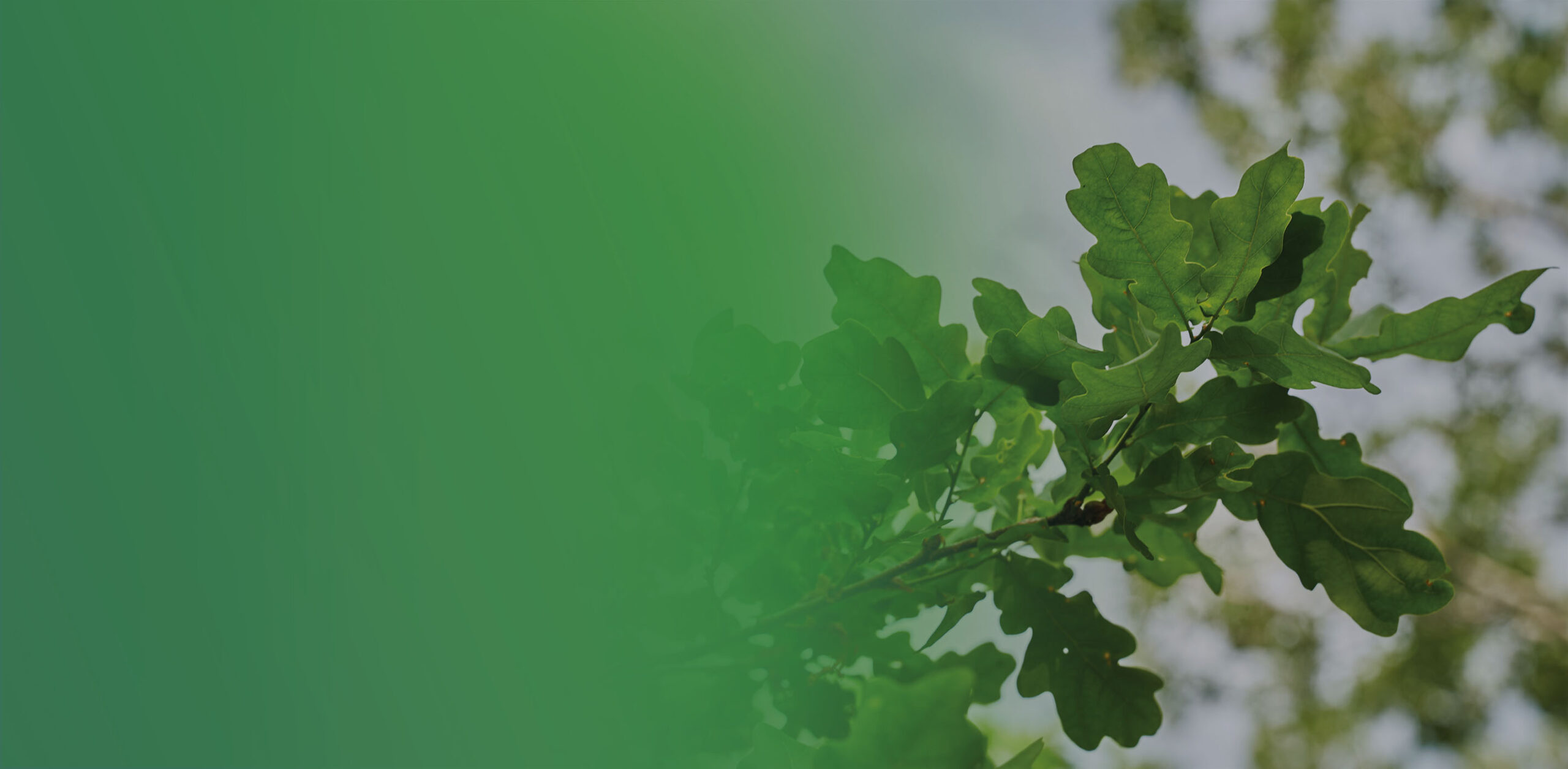
COVID-19 Glossary
Words to Know
Antibodies
These are proteins made by the body to help protect you against germs like bacteria and viruses. People who get COVID-19 make antibodies that may protect them against COVID-19 in the future.
Antiviral medications
These medicines help your body fight off certain viruses that can cause disease by blocking them from taking over your cells. Antivirals may be able to lessen your symptoms and shorten the amount of time you are sick.
Booster
Booster shots are an extra dose of a vaccine given to help re-train your body to recognize and fight a certain germ that causes disease. Booster shots are given when protection from the original vaccine begins to decrease over time.
Contagious
A disease is called contagious when it spreads from one person to another. It can spread by touching the person who has the disease, by touching an object that has been contaminated, or by breathing in droplets when a person with the disease coughs, sneezes, or talks.
Coronavirus
This is the type of virus that causes COVID-19. The full name of the virus is called SARS-CoV-2, or severe acute respiratory syndrome coronavirus 2.
COVID-19
COVID-19 stands for coronavirus disease 2019. It is caused by a virus called SARS-CoV-2 that mainly affects the lungs, but can also affect other parts of the body, and is making people sick all over the world.
Immunity
A person has immunity when the body has protection from a disease and is able to fight it off without getting sick. Herd immunity happens when enough people have immunity to a virus that the virus can no longer quickly spread and cause disease.
Incubation period
Incubation period is the time from when you were exposed to the virus to the time you start to notice symptoms. During the incubation period, most people don’t even know they are carrying the virus.
Long COVID
Most people who have COVID-19 recover completely within a few weeks. But some people (even those who had mild disease) continue to have health problems for months after the infection is gone. These lingering health problems are referred to as post-acute COVID-19 syndrome (PASC) or Long COVID.
Pandemic
A pandemic occurs when a disease for which people have no immunity (protection) has spread to different countries all over the world.
Pneumonia
Pneumonia is an infection in one or both lungs that some people with COVID-19 can get. It can be mild or so severe that you need to be in the hospital. Pneumonia can cause a fever, cough, trouble breathing, chest pains, and tiredness.
Quarantine
Quarantine means separating someone who has probably been exposed to a disease from others. This helps to keep people who may have the disease away from people who do not have the disease.
Shortness of breath
Shortness of breath is a feeling that you can’t get enough air. You may feel out of breath or have a tightness in your chest.
Social distancing
Social distancing can help to slow the spread of disease. It means avoiding large groups and putting physical space between yourself and others when possible.
Symptoms
Symptoms are what you may feel if you have a disease or other health problem. The most common symptoms of COVID-19 are a high fever and a new cough that happens all the time. Other common symptoms include tiredness, muscle aches, headache, and shortness of breath. Those with a more serious infection may develop pneumonia.
Vaccines
Vaccines are an effective way to prevent contagious disease from spreading and can reduce how bad a disease is in people who get it. Vaccines contain a tiny part of killed or weak germs to train your body on how to fight the germs if they ever try to enter your body in the future. COVID-19 vaccines help our bodies fight the virus that causes COVID-19. There are several COVID-19 vaccines currently available that work in different ways to teach our bodies to safely recognize and block the virus that causes COVID-19.
Variant
Viruses are constantly changing. When a virus has 1 or more changes from its original form, it is called a variant. There have been many different variants of the virus that causes COVID-19. Some variants may spread faster and more easily or may cause more severe disease.
Viruses
Viruses are tiny germs that cause diseases like the common cold and the flu. They need living things to live and spread. Viral infection happens when the virus takes over cells in your body and makes you sick.

Where can I go for more
information?
To learn more about the OakTree Study, contact +1 833-625-0921 and enter
study PIN 51055.
